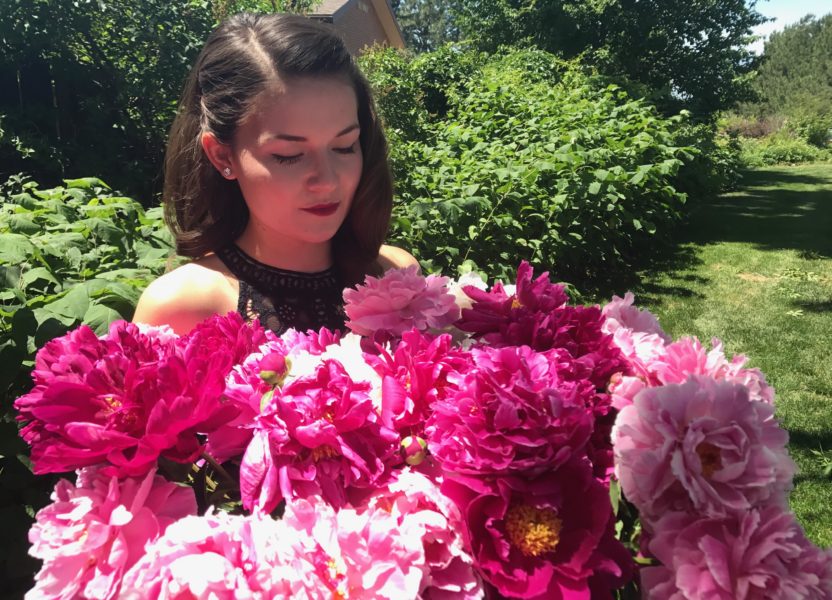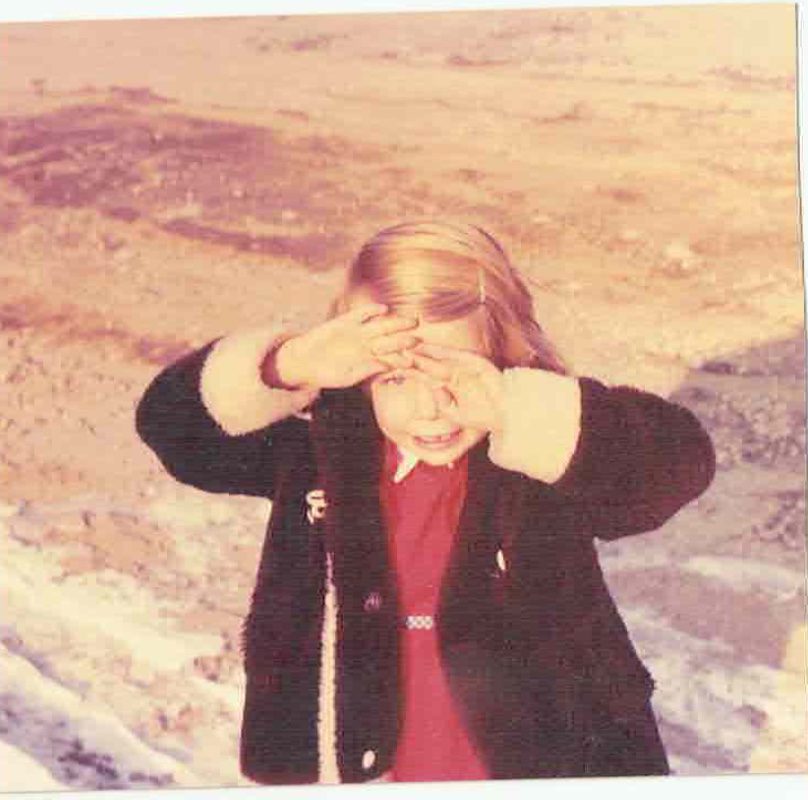On Grief
Recently I celebrated a birthday— the third since my mother’s passing in a motorcycle accident. The number of milestones met in her absence gradually grows; New Years rung in, promotions, births, heartbreaks, more deaths. My hospice patients bond, dwindle, then pass on. Events tick by, dizzyingly.
About four years ago, my mother found her husband dead by his own hand. Arriving with the first responders, I held her on the floor while the police took photos of the scene, and then as the coroner put him on a gurney and wheeled him away. In the months that followed, I mourned my step dad with her, but nothing I did could have put me in her shoes, to feel the full depth of her widowhood–I was a bystander. I watched her sadness warp her in her sleeplessness, in her delirium, in her lack of appetite. She ate nothing but the occasional Wendy’s frosty for three weeks because that’s all she could stomach. She swore she could hear, see, and feel her late husband even in her waking hours. Less than two years later, she was gone, too, and I was close enough to her to really understand how deep the trench of grief really goes.
Two weeks ago a murder-suicide at my brother’s high school killed three kids. My family counted our lucky stars my brother hadn’t been in the wrong place at the wrong time, and our hometown went into public mourning. #SaugusStrong shirts and signs are everywhere as I visit home this Thanksgiving; candles and flowers enshrine the shooter’s house down the street in efforts to console his grieving mother.
Last week, the death of Tim Robinson sent many in my near and extended circles down the path of grief and heartbreak from traumatic, unexpected loss of a friend deeply loved.
Grief has a long trail of aftermath, and I want to acknowledge it in some attempt to empathize with so many I know are in such all-consuming pain. I feel powerless to lift the burden, and so I write.
Some say grief and loss can be a humanizing experience, but most of time, I’ve found it terribly isolating. For the first weeks, if you’re lucky, friends and family flock to be at your side. The logistics of planning a memorial service may serve as a distraction— checklists and delegation stand in front of the inevitable wall of pain. Once everyone leaves though, you’re left to get on with the day-to-day and the impression that everyone else seems to have conveniently moved on with their lives, leaving you in the burned-up ruin of loss.
Simple things like being in public felt jarring—I remember sitting at a restaurant and recoiling at the sound of laughter from a table nearby. How can life just move on for everyone else, like nothing ever happened at all? I am living out my worst nightmare.
There may come a handful of losses in your life that are so close, so deeply personal, that the character and force of your grief becomes alienating. Only those who are also grieving as hard, who knew the person you lost as well as you did, feel even remotely relatable. Normal conversation topics pale by comparison.
For the first days, weeks, and months, or even years, grief comes as an oppressive cloud. Most coherent thoughts or intentions fail to escape the event horizon of this cloud. My stream of consciousness could only wander so far before being sucked back into the context of my tragedy. I replay events over and over in my head in graphic detail, about the material physics of my mother’s accident, about our last conversations. Even now those streams of consciousness are saved as pre-set stations in the programming in my head, and on a bad day, I default to replay them over and over.
In the weeks after her death, as I went through her belongings, I was stunned by the paradox of handling her material possessions while I also struggled to come to terms with her physical absence. Every mundane thing served as a cruel reminder of the knife buried in my chest, and with each reminder that knife in my chest was wrenched. Eventually I formed a small amount of scar tissue around that knife, but I’ll probably never fully lose the sensation of the blade.
My identity changed. With each passing milestone, my self-image has evolved to include a version of me without my mother’s physical presence. This reality is simultaneously reassuring and bleak. I am fundamentally changed, as I am meant to be changed.
In the wake of loss, there is a silver lining, and it’s in the potency of love. It’s in the desperation felt in your longing, or maybe even in your regret. If you’re like me, maybe eventually you’ll feel broken, humbled, and fortified all at once. You have time left in this physical world to do what they no longer can. Only you can conduit the nuance and character of what you shared with and cherished about that person, and carry it forward, be it friendship, romantic, or familial bond. Only in my biggest catastrophes have I found my purpose.
‘Grief, like joy, is holy. Grief is love’s souvenir. It’s our proof that we once loved. Grief is the receipt that we wave in the air that says to the world, ‘Look! I loved well. Here is my proof that I paid the price.‘” Glennon Doyle
“The deeper sorrow carves into your soul, the more joy you can contain.” –Kahlil Gibran, The Prophet
“We are travelers on a cosmic journey, stardust, swirling and dancing in the eddies and whirlpools of infinity. Life is eternal. We have stopped for a moment to encounter each other, to meet, to love, to share. This is a precious moment. It is a little parenthesis in eternity.” — Paulo Coelho, The Alchemist






